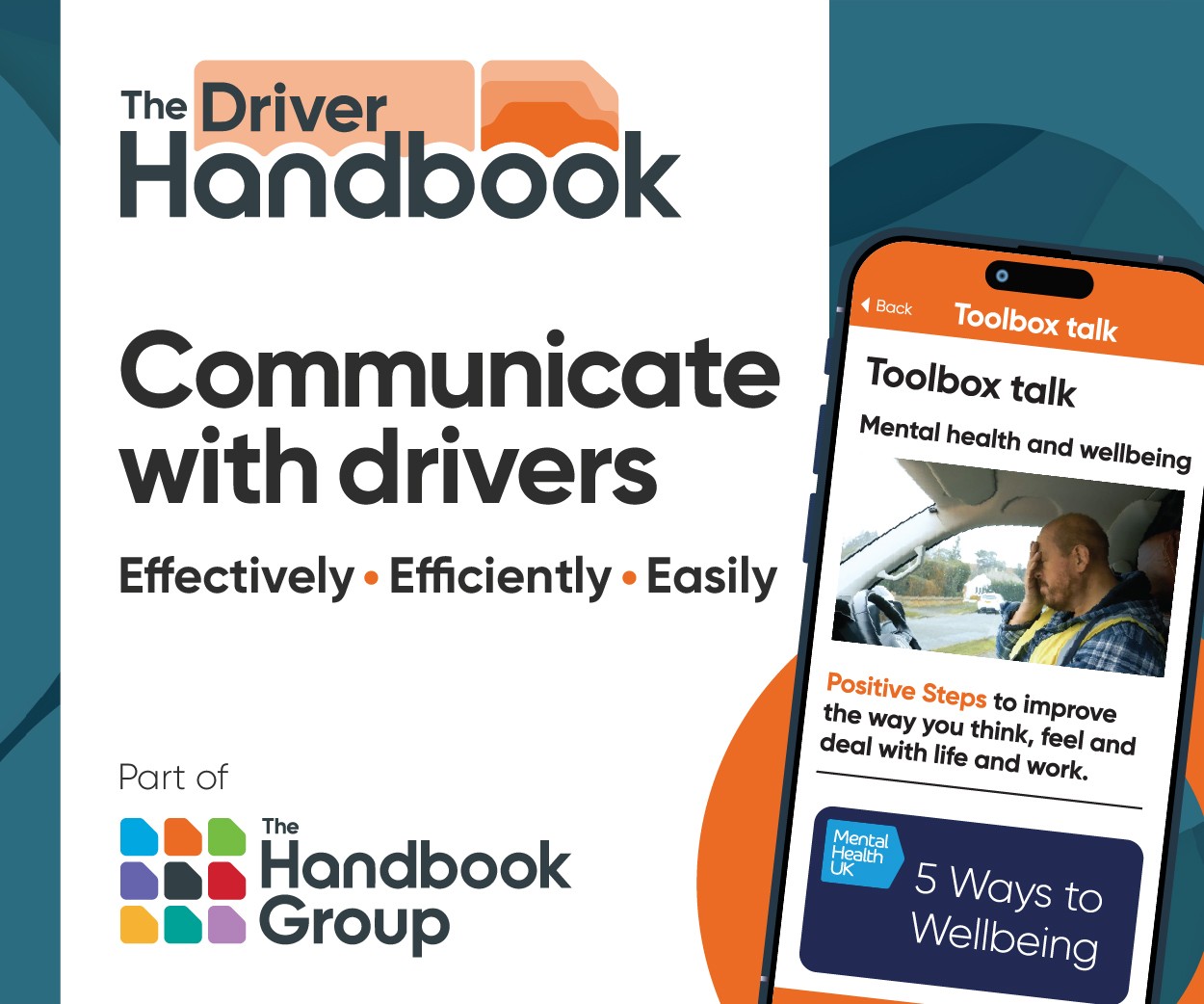TC urges driver welfare focus at Transport Manager event

Traffic commissioner Kevin Rooney addressed the conference at the Haynes Motor Museum at Sparkford, Somerset
Transport managers need to focus on their drivers, according to Western Traffic Area traffic commissioner (TC) Kevin Rooney.
Making the keynote address at the first of a series of regional Transport Manager Conferences organised by Logistics UK, the TC set the tone for the south-west event by emphasising that not nearly enough transport managers at small and medium-sized operators ever sat down with their drivers to talk about their personal circumstances, including their health, and whether they could get sufficient rest.
“I know there are truck drivers who sleep in in their cars overnight at Avonmouth,” he reported.
He said that all drivers should be issued with a company-supplied, truck specific sat-nav, and that risk-assessments should be undertaken on all regular routes.
“I find some quite sophisticated operators are still not doing standard health and safety assessments, but heath and safety applies to all operations, including transport,” he warned. “Assess the risks, take steps to mitigate them, and review the effectiveness of your policy.
“It’s your job to make sure the driver doesn’t hit that bridge,” he told the assembled transport managers.
When bridge strikes occurred, transport managers and directors would have to explain the incident to him, alongside the offending driver.
“You must report these incidents, because National Rail will report you to DVSA anyway,” he warned.
He recounted how an agency driver had been summoned before him after a bridge strike, along with a company director.
It turned out that the driver had just returned to the industry after a six-year absence, and given an hour-long induction process during which time he was told to “sign the pack” (of ‘training’ material) before being sent out unaccompanied with a fully-freighted double-deck trailer. This was his first day of driving for six years!
The operator had not noticed that there was no previous driving recorded on the driver’s tachograph card when it was downloaded.
“At that point, my emphasis switched from the conduct of the driver to the company,” the TC said.
Continuing on the subject of drivers, the TC reminded delegates that it was illegal to engage self-employed drivers. As transport managers, they had to exercise continuous and effective control over drivers.
“It is a question of control. You cannot tell a self-employed person how to do their job, therefore you are not in control.”
Drivers who had set themselves up as limited companies were even worse, legally.
“A limited company driver is legally controlled by his limited company which is the ‘user’ of the vehicle he is driving, so the limited company will require an O-licence.
“If you are still using limited company drivers, you need to stop! If you are found out, all your drivers will need to be on the books by the end of the month or your licence will be revoked.”
TC Rooney reminded the transport managers that part of their role was to argue the case for safety and compliance when company directors might wish to prioritise profits.
“This is not so easy where a transport manager is also a director: especially where he is also the sole director of a small family business.”
Turning to matters mechanical, “What do you do when a wheel falls off?” TC Rooney asked the delegates.
“Some operators will investigate as soon as possible, and make a report to the authorities. But others don’t. I had one come to a public inquiry and tell me that he had taken no action regarding the incident at all, because he wanted to see what I would tell him to do!
“Take action as soon as a prohibition is issued,” he urged.
“An S-marked prohibition indicates a significant failure of your compliance system. You will get a visit from DVSA and probably an appearance at a public inquiry.”
He recounted how faced with the prospect of a DVSA visit, some operators chose to create fake maintenance records.
“Falsifying records will see you leaving the industry,” he said.
He warned operators against trying to stay in the business after revocation.
“Typically, a disqualified operator may try to borrow a dormant licence from a mate to continue under after revocation, or get someone from outside the industry to submit a fresh application to allow a banned business to continue under a new name.”
He recounted an incident where a young woman working as a fitness instructor and glamour model and with no background or previous involvement in the industry, had submitted an application for a licence to run 20 tippers. Needless to say, she didn’t turn up when summoned to a public inquiry for her application to be scrutinised.
He warned that even legitimate businesses could get into trouble if they failed to keep a transport manager in place.
“When a transport manager is removed from a licence, the operator has three months to get a new TM in place: appointed and approved; or your licence will go,” he warned.
He also warned new entrants not to leave consultants who had assisted with a licence application on the licence as admin users or points of contact after their involvement had ceased. “They may not continue to forward communications from the traffic commissioners’ office to you.”
TC Rooney additionally warned of the dangers of being an external transport manager: engaged but not employed by a number of operators to fulfil the role on a freelance and part-time basis.
“Walk away if you are not able to exercise continuous control over a client’s operation. It’s a high-risk occupation: your reputation is at risk.”
The Logistics UK Transport Manager conferences continue at venues around the country until December, including a ‘virtual’ conference for those unable to attend in person on Friday 29 November.
According to Logistics UK’s website at the time of publication, further dates for the programme with ticket availability remaining included Tuesday 8 October in Manchester, Thursday 14 November in London, Thursday 21 November in Cardiff, Thursday 28 November in Falkirk, and Tuesday 3 December in Birmingham.













